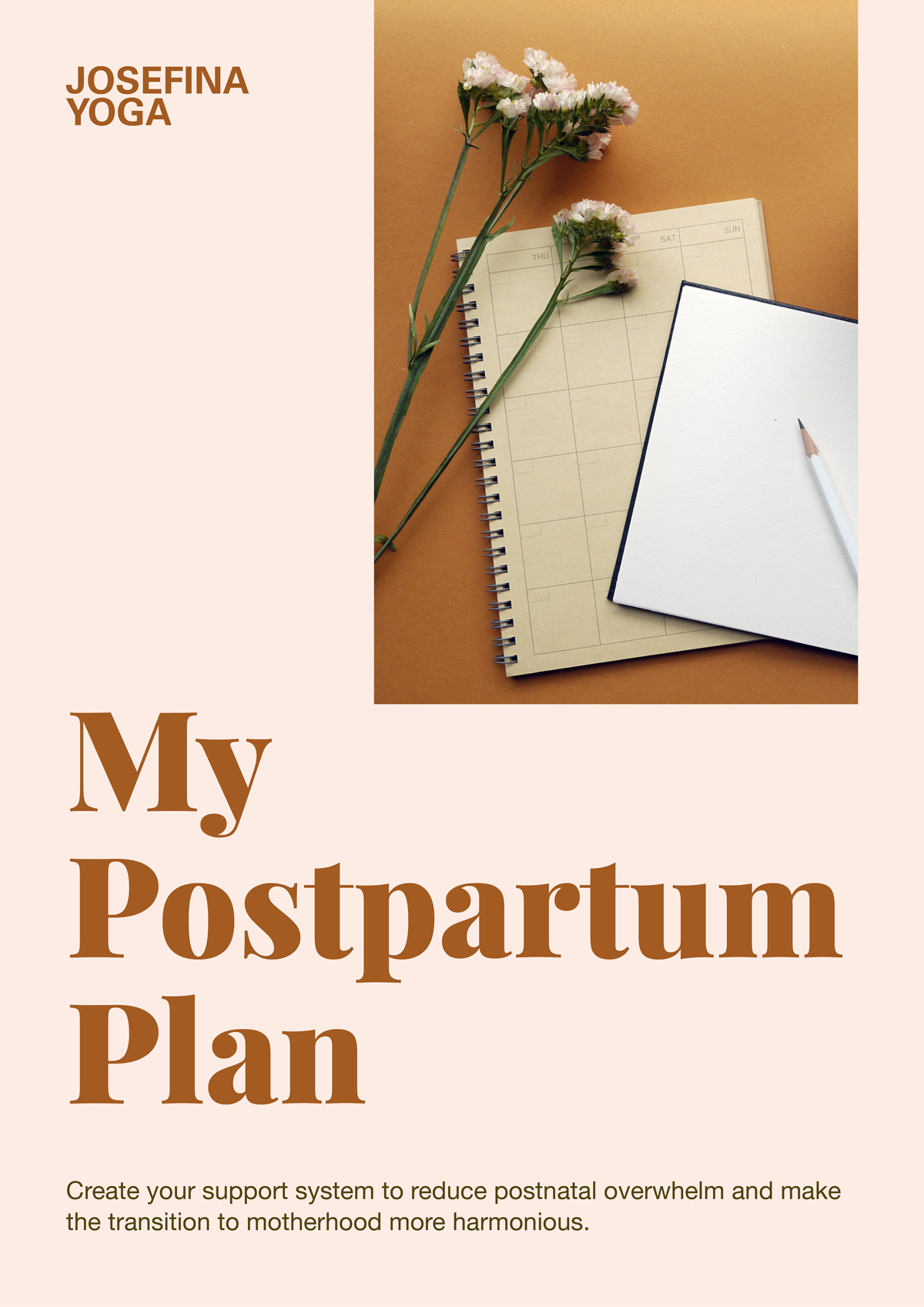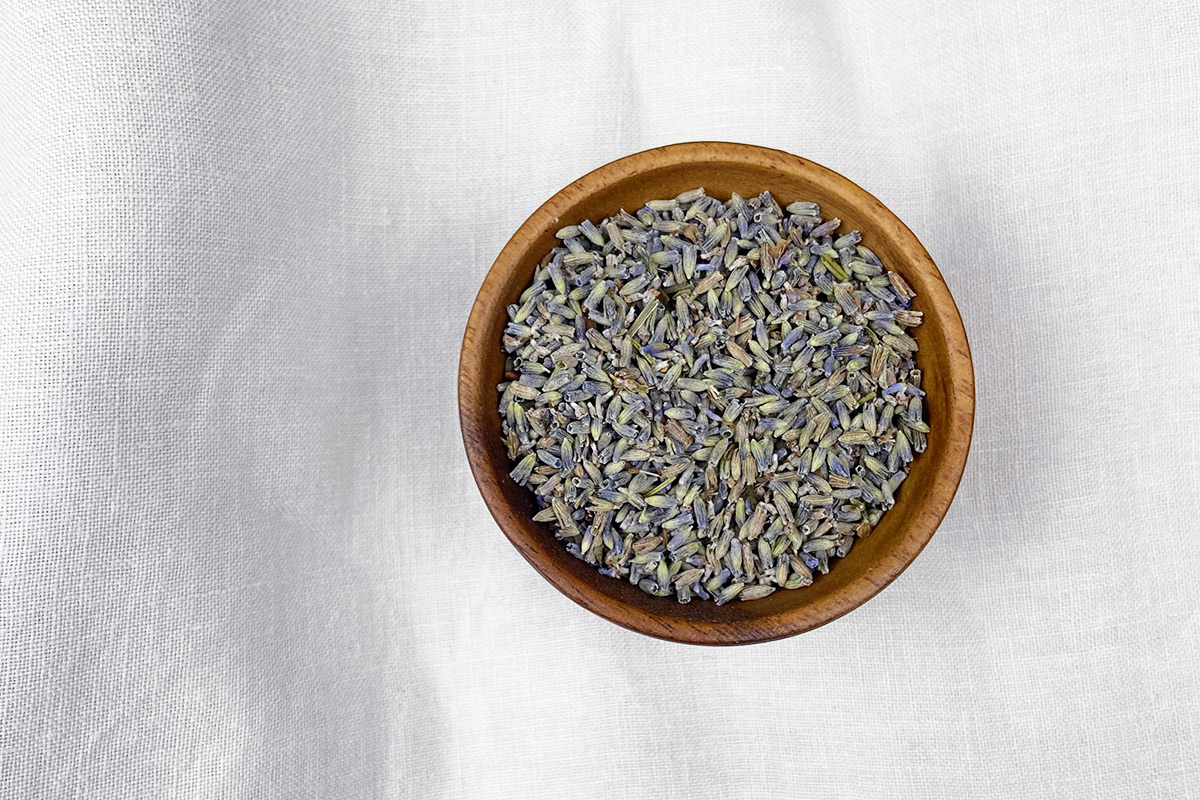Although birth is unpredictable (no matter how well informed and seemingly “prepared” you are), there are a few things, besides the basics (baby clothes, diapers, bath thermometer, bottles and so on), that you can put together in case you need them after the baby’s arrival.
List of Useful Things for the Mother
Abdominal belt or Bengkung belly bind
These are great to keep new mothers warm, help the abdominal muscles and organs back into optimal place, and give your lower back an extra support. Check out videos online to learn how to wrap your belly.
Breast pump
To express milk regularly (and maintain a constant supply) or in case you have an oversupply. Here in Switzerland you can rent them at the pharmacy and return them when you have weaned your baby.
Breastfeeding bra
Breastfeeding pillow
A wonderful way to keep your spine upright, soothe your neck and shoulders and relax during breastfeeding.
Haemorrhoidal cream
Haemorrhoids after childbirth are common and painful. Keep a cream handy just in case.
Ibuprofen
Lanolin (for sore or cracked nipples)
Nettle tea
Nettle (Urtica dioica) is rich in iron and a natural remedy for anaemia.
Nursing pads
Sanitary pads
Sitz baths
Stool softener
The first visit to the toilet after childbirth (even if you’ve had a caesarean section) can be challenging. Keep it in your medicine cabinet to help things go smoothly.
List of Useful Things for the Baby
Diaper Rash Cream
To protect and help diaper zone heal faster.
Digital thermometer
Safer and more practical than mercury thermometers.
Saline Solution
To relieve nasal congestion.
Vitamin D
Most newborns need and extra supply of vitamin D. Consult with the paediatrician dosage and frequency.
Teething gel
In general
– Organise a meal train for the first three weeks: ask family members, friends and neighbours when they offer to help you (check www.mealtrain.com)
– Have a network of health care providers and therapists visible.
– Choose rest over exercise: it will help you heal and recover much faster.
– Keep yourself warm: wear warm clothes and socks, take herbal baths, try vaginal steams, use a hot water bottle, drink herbal teas.
– Adopt a balanced, nutritious and fibre-rich diet.
– Do some gentle breath work (avoid Pranayama practices like Kapalbhati and Bhastrika), practice meditation or mindfulness while walking or breastfeeding.
– Verbalize what you need: people around you might have the best intentions but if you don’t express clearly what you need or want it can quickly lead to misunderstandings and resentment.
– Accept help: remember that Wonder Woman is a fictional character.
If you want to reduce postnatal overwhelm and create a plan that will make it easier to deal with the challenges that can arise in early motherhood, download my complete Postpartum Plan!

Bibliography:
Gladstar, Rosemary. Herbal Healing for Women. Atria Books, New York: 1993
Johnson, Kimberly Ann. The Fourth Trimester: A Postpartum Guide to Healing Your Body, Balancing Your Emotions, and Restoring Your Vitality. Shambala Publications, Boulder: 2017

